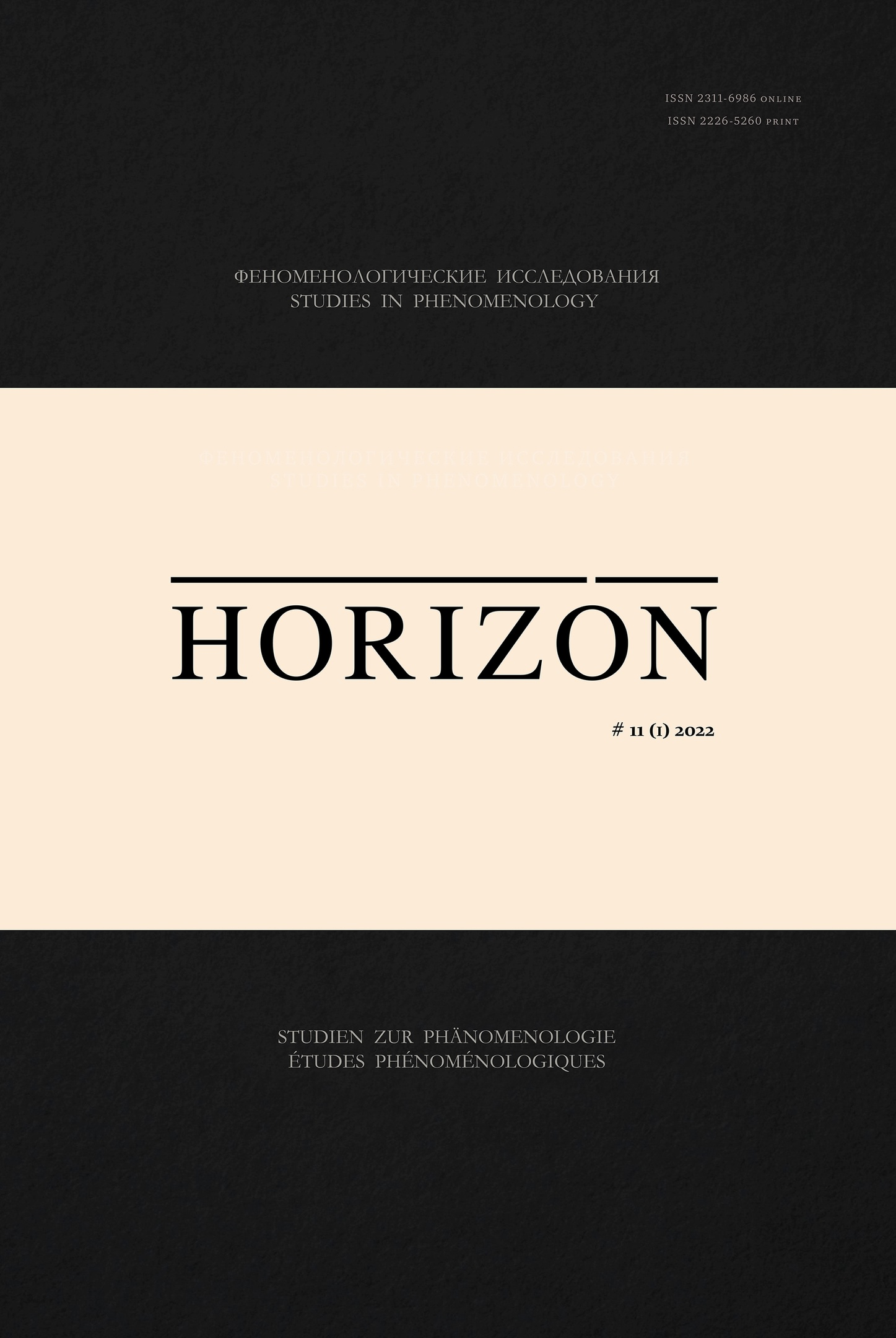«МЫСЛЮ, СЛЕДОВАТЕЛЬНО, СУЩЕСТВУЮ» ДЕКАРТА
С ТОЧКИ ЗРЕНИЯ ЛОГИКИ И ФЕНОМЕНОЛОГИИ
CARTESIAN “I THINK, THEREFORE, I AM” IN
THE PERSPECTIVES OF LOGIC AND PHENOMENOLOGY
Author(s): Yaroslav SlininSubject(s): History of Philosophy, Philosophy of Middle Ages, Early Modern Philosophy, Contemporary Philosophy, Phenomenology
Published by: Издательство Санкт-Петербургского государственного университета
Keywords: Descartes; logic; method; Saint Augustine; external experience; internal experience; radical skepticism;
Summary/Abstract: In this article the questions under discussion are the properties of Descartes’s application of the first rule of his method, which requires not to agree with anything that could give rise to doubt. It is well known that Descartes came to the conclusion that only the truth “I think, therefore I am” is undoubted.The article examines the logical status of this truth and reveals that it is an entimeme where the major premise is unstated. An analysis of Descartes’s works shows that the premise that he does not explicitly express is the proposition “If I think, therefore I exist, and if I do not think, then I do not exist. ”It follows that Descartes’ complete syllogism would be like this: “I exist if and only if I think; I think; therefore, I exist.” In this paper, the discussion focuses on the proof of the certainty of the position “I exist,” proposed by St Augustin in his treatise The City of God. St Augustin proves the proposition “I am deceived that I exist” to be false in every possible interpretation. Hence the position “I exist” is true in every possible interpretation. According to Descartes, the only undoubted statements are those that are kept within the limits of “I think,” or within the limits of inner experience, while the data of external experience are always dubious. Thus, the statement “I walk” is not obvious, since it can only seem to me that I am walking. At the same time, the judgment “It seems to me that I walk” is undoubtedly. Ancient sceptics also believed that the data of internal experience are doubtless, and the data of external experience are not due to the fact that all objects of the external world are in fact not what they seem to be. However, there is a significant difference between the ancient sceptical approach and that of Descartes. I put forward the view that the ancient sceptics, although they are convinced that the things of the external world are not what they seem, still surely believe that each item in that world exists. But Descartes surpassed both ancient sceptics and academics in their scepticism, since he doubted the very existence of the external world. He was able to imagine that he exists exclusively as a thinking entity with no body, no world around him, and no space to store that world. It is by the fact that Descartes doubts the existence of the external world that he has cleared the way for transcendental philosophy and phenomenology.
Journal: Horizon. Феноменологические исследования
- Issue Year: 11/2022
- Issue No: 1
- Page Range: 27-39
- Page Count: 13
- Language: Russian

